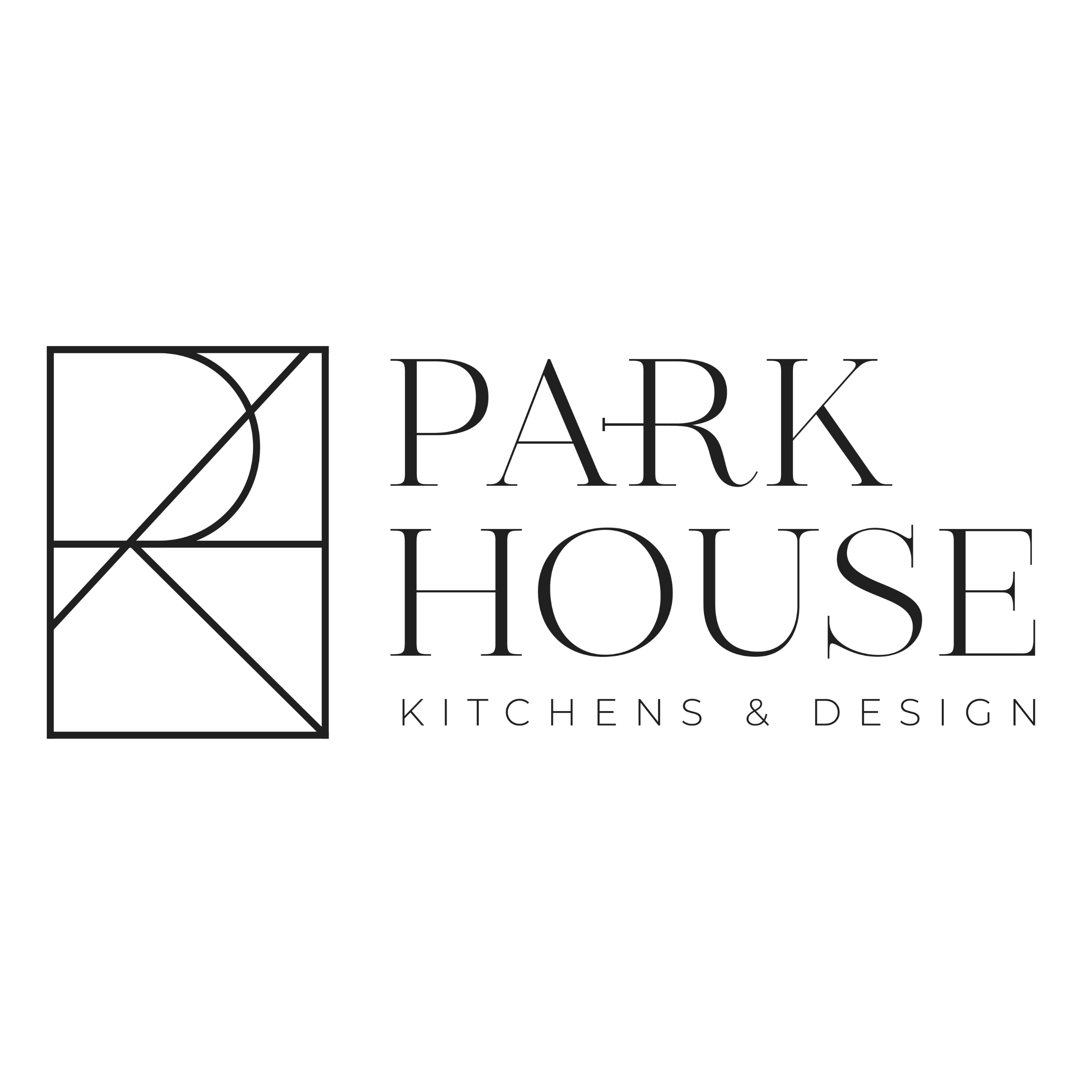

Park House Kitchens Ltd

1.6
Surrey, United Kingdom
July 2025
Other retail sale
Wholesale/Retail
United Kingdom
Park House is a bespoke kitchen and interiors company with showrooms in Ockley, Surrey. Since its founding in 1992, Park House has established itself as a trusted creator of elegant, handcrafted kitchens and interior spaces, known for intelligent design and exceptional craftsmanship. Each project is personally guided by owner Emily Rowland and her expert team, with designs tailored to reflect each client's distinct needs. The company favours limitless creativity over any fixed house style, ensuring every space is truly unique. Founded by Trish Rowland in 1992 and now led by her designer daughter Emily, this family-run business is deeply committed to delivering timeless quality and sustainability. Park House works exclusively with longstanding, trusted suppliers and produces all cabinetry in the UK, supporting local craftsmanship and reducing environmental impact. As a certified B Corporation, Park House takes pride in using business as a force for good, creating thoughtful spaces that care for people and the planet, all the while enhancing everyday life
Overall B Impact Score
Governance 14.4
Governance evaluates a company's overall mission, engagement around its social/environmental impact, ethics, and transparency. This section also evaluates the ability of a company to protect their mission and formally consider stakeholders in decision making through their corporate structure (e.g. benefit corporation) or corporate governing documents.
What is this? A company with an Impact Business Model is intentionally designed to create a specific positive outcome for one of its stakeholders - such as workers, community, environment, or customers.
Workers 24.5
Workers evaluates a company’s contributions to its employees’ financial security, health & safety, wellness, career development, and engagement & satisfaction. In addition, this section recognizes business models designed to benefit workers, such as companies that are at least 40% owned by non-executive employees and those that have workforce development programs to support individuals with barriers to employment.
Community 18.2
Community evaluates a company’s engagement with and impact on the communities in which it operates, hires from, and sources from. Topics include diversity, equity & inclusion, economic impact, civic engagement, charitable giving, and supply chain management. In addition, this section recognizes business models that are designed to address specific community-oriented problems, such as poverty alleviation through fair trade sourcing or distribution via microenterprises, producer cooperative models, locally focused economic development, and formal charitable giving commitments.
Environment 18.7
Environment evaluates a company’s overall environmental management practices as well as its impact on the air, climate, water, land, and biodiversity. This includes the direct impact of a company’s operations and, when applicable its supply chain and distribution channels. This section also recognizes companies with environmentally innovative production processes and those that sell products or services that have a positive environmental impact. Some examples might include products and services that create renewable energy, reduce consumption or waste, conserve land or wildlife, provide less toxic alternatives to the market, or educate people about environmental problems.
Customers 4.2
Customers evaluates a company’s stewardship of its customers through the quality of its products and services, ethical marketing, data privacy and security, and feedback channels. In addition, this section recognizes products or services that are designed to address a particular social problem for or through its customers, such as health or educational products, arts & media products, serving underserved customers/clients, and services that improve the social impact of other businesses or organizations.